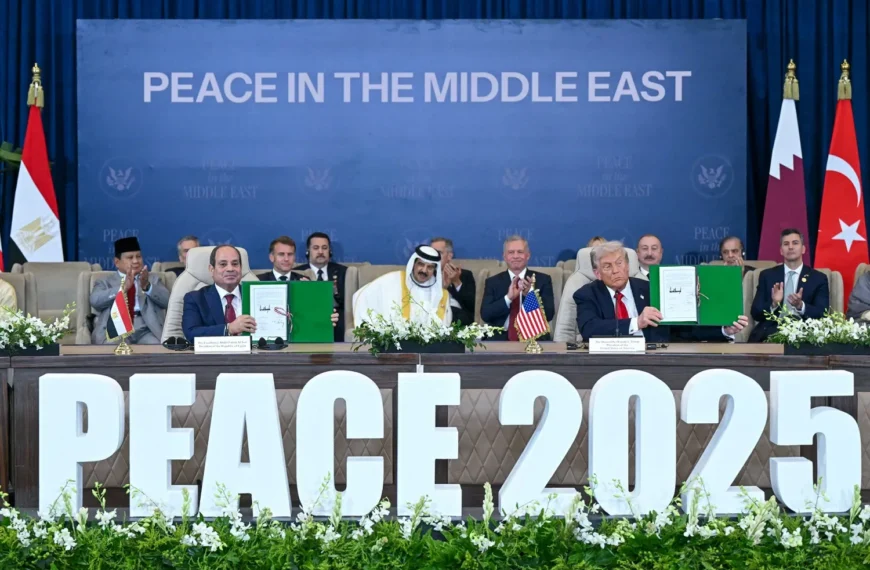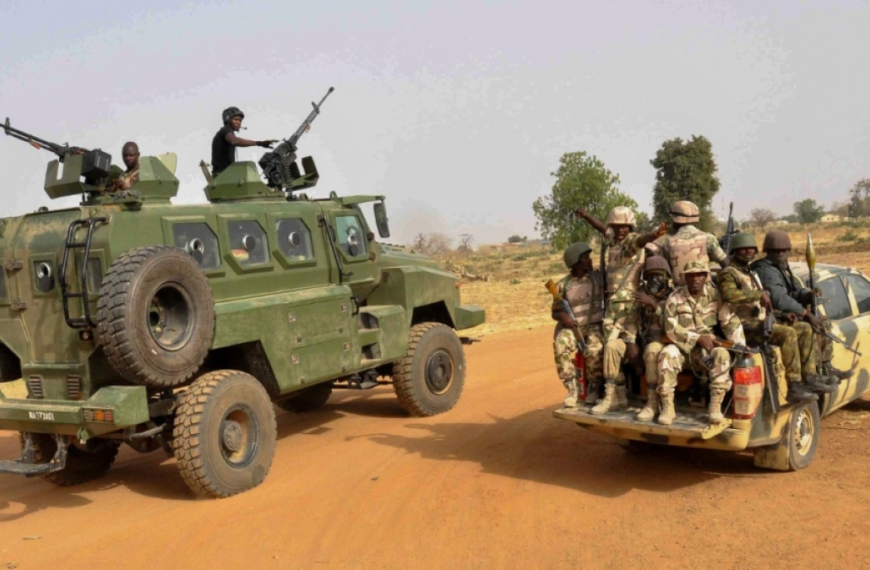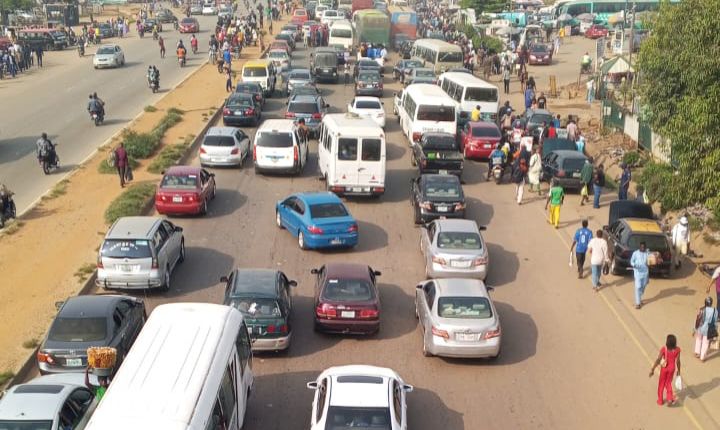The Israel-Iran conflict has intensified, with Israel’s airstrikes on Iranian military and nuclear sites continuing, while Iran signals a desire to de-escalate hostilities and resume negotiations.

Ongoing Israeli Airstrikes
Since June 13, 2025, Israel has launched “Operation Rising Lion,” deploying over 200 aircraft to target key Iranian facilities, including those in Natanz, Tabriz, and Tehran. These strikes have caused significant damage, reportedly setting back Iran’s nuclear program by years. In retaliation, Iran has launched over 150 ballistic missiles and more than 100 drones at various targets across Israel, resulting in at least 22 injuries. High-ranking Iranian officials, including IRGC Commander Hossein Salami and nuclear scientist Fereydoon Abbasi, have been killed in the attacks. Despite the ongoing military operations, Prime Minister Benjamin Netanyahu has stated that Israel will continue its strikes until Iran’s nuclear and missile capabilities are dismantled.
Iran’s Desire for De-Escalation
Amid the escalating conflict, Iran has expressed a willingness to de-escalate hostilities. Through Arab intermediaries, Tehran has conveyed its openness to resume negotiations over its nuclear program, contingent on the United States refraining from joining the conflict. Iran’s Foreign Minister Abbas Araghchi stated that if Israeli strikes cease, Iran’s responses will also stop. However, Iran has also emphasized the necessity of “punishing” Israel to deter future aggression, indicating a complex stance that balances calls for de-escalation with demands for accountability.
International Reactions
The international community has expressed concern over the escalating violence. The United Nations and the European Union have called for restraint and dialogue to prevent further escalation. Regional actors, including Saudi Arabia, Egypt, and Turkey, have condemned Israeli airstrikes on Iran, urging all parties to avoid actions that could lead to a broader conflict. The United States has reinforced Israel’s air defense capabilities, citing Iran’s regional threats.
Humanitarian Impact
The conflict has led to significant humanitarian concerns. Over 100,000 people have reportedly left Tehran, either temporarily or permanently, seeking refuge in other provinces or neighboring countries. Hospitals in northern Iran have reported an increase in stress-related admissions, and the Iranian Red Crescent Society has deployed mobile clinics to major highway junctions and rest areas to assist displaced individuals.
Conclusion
The Israel-Iran conflict remains volatile, with ongoing military operations and complex diplomatic efforts. While Iran has signaled a desire for de-escalation, its demands for accountability and the continuation of hostilities complicate the path to peace. The international community’s calls for restraint and dialogue underscore the urgent need to address the underlying issues fueling the conflict and to prevent further regional instability.
















